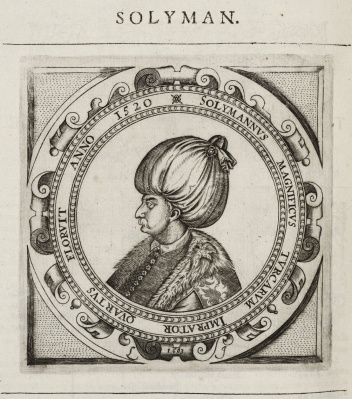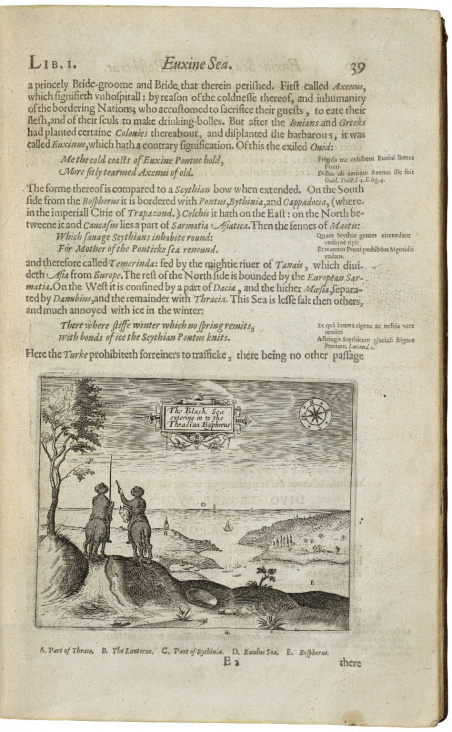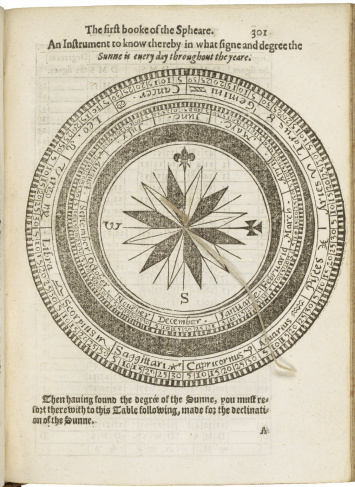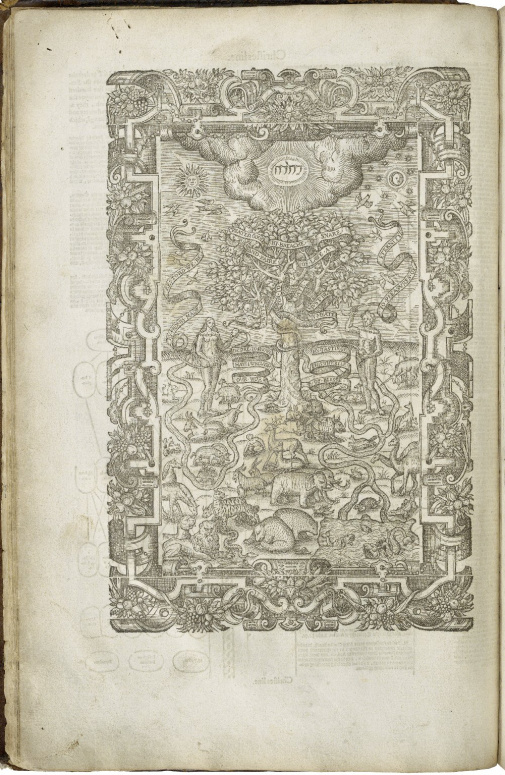NEH Summer Institute: Shakespeare from the Globe to the Global (seminar)

Directed by Michael Neill, Emeritus Professor of English, University of Auckland
June 13 through July 14, 2011
In today’s multicultural classrooms, a nuanced understanding of such early modern English concepts as nation, race, and imperial destiny is needed to address the culturally sensitive issues raised in many of Shakespeare’s plays. This NEH Summer Institute for College and University Faculty equipped college teachers with the knowledge to introduce their students to Shakespeare in his global and historical contexts. While the plays initially reflected the concerns of an expanding early modern world, Shakespeare soon emerged as a voice and an icon of empire and Englishness. He is now the most significant representative of a globalized literary culture and the most popular playwright of the non-Anglophone world. Twenty participants examined this history of reception, adaptation, translation, and re-appropriation. With a distinguished faculty and the unparalleled Folger collections, they integrated their discoveries into their courses and disseminated them through a resource-rich website.
Over the course of five weeks, college instructors and faculty explored the trajectory of Shakespeare from playwright to national figure through the rich critical and performance histories found in the Folger’s collections. Participants returned to their classrooms with a greatly enhanced understanding of the varied roles and contexts in which Shakespeare may be studied—and of the new resources available to bring those histories to life in the classroom. They collaborated to produce primary and secondary bibliographies, an introduction to the Folger’s database of digital images, faculty video clips, individual commentaries, course assignments, and annotated bibliographies, all of which can be found on the website.

Materials and Products
The syllabus is available here.
While the website is no longer supported, it has been archived: Institute Website: Shakespeare from the Globe to the Global
A PDF of the website's pages with the participants' interpretive essays.
A PDF of the original promotional flyer.
View the Folger's YouTube Channel for more talks given during the institute.
Participants
(All affiliations are as of the program's date)
Rebekah Bale, Lecturer in English, Prince Mohammad bin Fahd University
Robin J. Boisseau, Assistant Professor of Theatre, Hampton University
Peter Byrne, Assistant Professor of English, Kent State University, Trumbull
Rebecca Chapman, Assistant Professor of English, Holy Names University
Jason E. Cohen, Assistant Professor of English, Theatre and Communication, Berea College
Sara Coodin, Assistant Professor of Classics and Letters, University of Oklahoma
Ryan J. Croft, Visiting Assistant Professor of English, University of Wyoming
Ambereen Dadabhoy, Visiting Assistant Professor of Literature, Harvey Mudd College
Jessica R. Frazier, PhD Candidate in English, The George Washington University
Robert Hornback, Associate Professor of English and Theatre and Department Chair of English and Comparative Literatures, Oglethorpe University
Arthur Horowitz, Associate Professor of Theatre and Dance, Pomona College
Miriam Jacobson, Assistant Professor of English, University of Georgia
Keith Jones, Associate Professor of English, Northwestern College
Carol Mejia LaPerle, Assistant Professor of English Language and Literature, Wright State University
Allison Tyndall Locke, PhD Student in English, Stony Brook University
John Mitchell, Professor of English, Oakland Community College
Sylvia Tomasch, Professor of English, Hunter College, CUNY
Donna Woodford-Gormley, Associate Professor of English, New Mexico Highlands University
Matthew Zarnowiecki, Assistant Professor of English and Chair of the Department of Languages and Literature, Touro College

Faculty
(see also Shakespeare from Globe to Global visiting faculty)
Graham Bradshaw, Professor of English at Chuo University, Japan; Honorary Professor of English and Fine Arts, University of Queensland
Tom Cartelli, Professor of English and Film Studies, Muhlenberg College
Mary Floyd-Wilson, Associate Professor of English, University of North Carolina, Chapel Hill
Alison Games, Dorothy M. Brown Distinguished Professor of History, Georgetown University
John Gillies, Professor of Literature, University of Essex
Kim Hall, Lucyle Hook Professor of English and Director of Africana Studies, Barnard College
Coppélia Kahn, Professor of English, Brown University
Bernhard Klein, Professor of English, University of Kent
Peter Lake, University Distinguished Professor and Professor of the History of Christianity, Vanderbilt University
Katherine Rowe, Chair and Professor of English, Bryn Mawr College
Jyotsna Singh, Professor of English, Michigan State University
Mark Thornton Burnett, Professor of Literature, Queen’s University, Belfast

Essays
Miriam Jacobson, The Early Modern Hellespont: Crossroads between East and West
Sara Coodin, Inter-Faith Encounters: English Protestants and the Hebrew Bible
Carol Mejia LaPerle, Atlas Chinensis as Global Encounter as Global Encounter
Ryan J. Croft, Embodying Race and Language: Geohumoralism and Renaissance Proto-Linguistics in Shakespeare’s Othello and The Tempest
Matthew Zarnowiecki, Images of Cyprus at the Folger
Kyle Pivetti, Mapping English History in the “Universall World”
Ambereen Dadabhoy, “The General Enemy” and “the present terror of the world:” Writing the Ottoman Empire at the Time of Othello
Robert Hornback, Linguistic Racial Representation and Metalanguages of Race in the Global Renaissance
Jason E. Cohen, Of Questions, or Torture: Enforced Bodies in Early Modern European Visual Culture
Rebekah Bale, Shakespeare in Africa
Donna Woodford-Gormley, Cuban Adaptations of Shakespeare
Keith Jones, Global Shakespeare: Selected Films, Briefly Annotated
Rebecca Chapman, New Media in the Shakespeare Classroom: Complementing Performance-based Pedagogy
Allison Tyndall Locke, A New Addition to Othello in Colonial Calcutta
Jessica R. Frazier, Technology in the Classroom: Luna Insight
John Mitchell, The “Forgeries of Jealousy”: John Hayward’s The Life and Raigne of King Henrie the IIII, William Henry Ireland’s Forged Marginalia, and the Multiple Lenses of Historical Reconstruction (A Lesson Plan for Introduction to Shakespeare)
Art Horowitz, Shakespeare in Performance
Peter Byrne, The Post-Colonial Vision of the “Voodoo Macbeth”
Other media
Listen to Michael Neill explain the thinking behind the summer institute and its title.
Listen to Kim F. Hall, professor of English at Barnard College, discuss the relevance of Shakespeare studies at a talk given during the seminar.
Hear Alison Games, professor of history at Georgetown University, discuss the relationships English traders formed with indigenous women in the early 16th century.
Hear Games talk about the essential role Japanese women played during the country's early period of trade with England.
Listen to Games discuss the theme of conversion on and off stage in Early Modern England.
For more past programming from the Folger Institute, please see the article Folger Institute scholarly programs archive. For more past programming from the Center for Shakespeare Studies, please visit the Center for Shakespeare Studies program archive.
Hosted by the Folger Shakespeare Library. For more information about current summer seminars, please visit the National Endowment for the Humanities website.